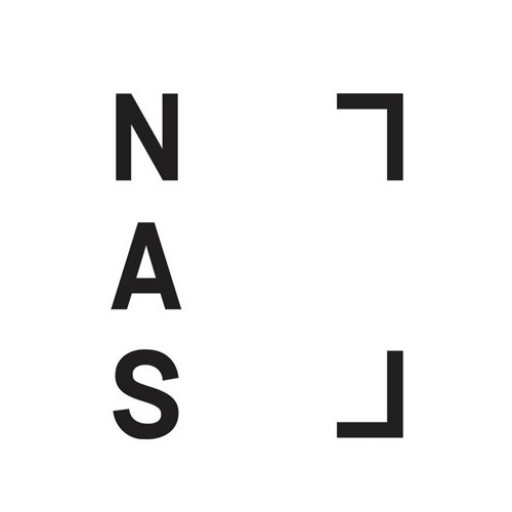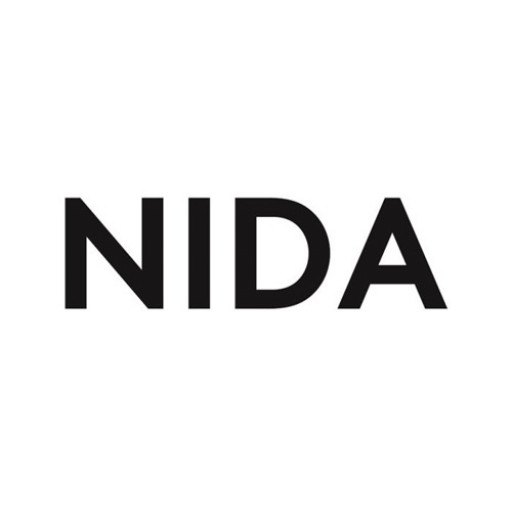Photos of university / #rmituniversity
The Doctor of Philosophy (Fine Art - Research) at RMIT University offers an immersive and rigorous path for aspiring scholars and creative practitioners seeking to advance their knowledge and contribute to the evolving field of fine art. This doctoral program is designed for individuals who wish to develop a substantial body of original research that advances visual arts theory, practice, and scholarship. Participants engage in an in-depth exploration of their chosen artistic discipline—whether that be painting, sculpture, installation, digital media, or interdisciplinary practices—while fostering critical thinking and innovative approaches to art-making. The program encourages students to engage with contemporary debates and historical contexts, ensuring their work is both relevant and impactful within the broader arts community.
Throughout their candidature, students will work closely with experienced supervisors who are experts in various fine art disciplines. The program emphasizes a combination of independent research, studio practice, and scholarly inquiry, allowing candidates to refine their practice-based research skills while contributing new knowledge to the field. RMIT provides access to cutting-edge facilities, research labs, and exhibition spaces, supporting students in translating their ideas into tangible artworks and scholarly outputs. The program also promotes active engagement with local, national, and international arts communities through exhibitions, conferences, and collaborative projects.
Candidates are encouraged to produce a thesis that combines critical, theoretical, and practice-based components, demonstrating their ability to synthesize practical art making with academic research. The Doctor of Philosophy (Fine Art - Research) prepares graduates for careers in academia, professional art practice, curatorial work, or arts administration. It aims to foster innovative thinkers and practitioners who can shape the future of contemporary art and contribute meaningfully to cultural discourse. The program is suitable for experienced artists, curators, and researchers committed to pushing creative and scholarly boundaries in the dynamic landscape of contemporary fine arts.
The Doctor of Philosophy (Research) in Fine Art at RMIT University offers a rigorous and immersive academic journey for emerging and established artists seeking to deepen their practice and contribute innovative perspectives to the field of contemporary art. This program is designed to provide students with an opportunity to conduct independent research that advances knowledge and understanding within the discipline of Fine Art. Students engaging in this research are supported by expert supervisors, state-of-the-art facilities, and a vibrant creative community. The curriculum encourages the development of a distinctive artistic voice, critical thinking, and scholarly rigor. Throughout the course, students will explore diverse methodologies, theoretical frameworks, and experimental practices to produce a substantial body of original work. They will also undertake advanced written work, including a thesis that contextualizes their practice within contemporary discourses. The program emphasizes an interdisciplinary approach, allowing students to integrate various media such as painting, sculpture, digital media, installation, and performance art. Students are encouraged to engage with current debates and issues in art and society, fostering a reflective and socially aware practice. Regular seminars, workshops, and exhibitions facilitate professional development and community engagement. Upon graduation, candidates will be well-equipped for careers as practicing artists, researchers, educators, or scholars contributing innovative insights to the visual arts landscape. The Doctor of Philosophy (Research) in Fine Art is ideal for those committed to pushing the boundaries of artistic practice and making meaningful contributions to the cultural dialogue.
- A 4 year bachelor degree with a minimum of a credit average in the last undergraduate year
- or another recognised award deemed to be equivalent in character and standard to a 4 year undergraduate degree, with a minimum of a credit average in the final undergraduate degree.
The financing studies for the Master of Fine Art (Research) program at RMIT University encompass a range of options designed to support domestic and international students throughout their academic journey. Students are encouraged to explore various funding sources, including government scholarships, university grants, external funding opportunities, and potentially work-integrated learning placements. Government-funded scholarships such as the Australia Awards and Research Training Program (RTP) provide financial assistance based on merit and need, covering tuition fees, living expenses, and research costs. RMIT also offers internal scholarships specific to the Faculty of Fine Arts and Music, which recognize academic excellence and contribution to the arts community. Additionally, students can apply for external scholarships from arts foundations, cultural organizations, and private donors dedicated to supporting emerging artists and researchers.
Students are advised to prepare detailed financial plans that account for tuition fees, which vary for domestic and international students, as well as living expenses, materials, studio costs, and travel for exhibitions or research purposes. The university recommends early application for scholarships and financial aid to maximize funding opportunities. Part-time work is common among students, with on-campus employment and industry placements providing supplementary income and valuable professional experience. International students may also explore bilateral agreements and specific regional programs that offer assistance for studying abroad. RMIT provides comprehensive financial advice through its student services, helping applicants understand eligibility criteria, application processes, and deadlines. Overall, financing a research degree at RMIT requires strategic planning, proactive engagement with funding bodies, and leveraging university resources to ensure a successful academic experience without undue financial burden.
The Master of Fine Art (Research) program at RMIT University is a highly regarded postgraduate degree designed for artists seeking to advance their practice through rigorous research and inquiry. This program offers students the opportunity to develop a distinctive body of work within a supportive academic environment, guided by experienced faculty members who are active practitioners and researchers in the arts. The curriculum emphasizes independent artistic development, critical reflection, and engagement with contemporary discourses in fine art. Students are encouraged to explore a wide range of media and methodologies, including painting, sculpture, installation, video, performance, and digital arts, fostering innovative approaches and interdisciplinary collaborations. The program typically involves a combination of studio practice, seminars, workshops, and research seminars, providing a comprehensive platform for artistic experimentation and scholarly discourse. Candidates are expected to formulate a substantial research proposal, undertake individual research projects, and produce a substantial thesis or equivalent exegesis that demonstrates originality and contribution to the field of fine art. The research outcomes are often showcased through public exhibitions, presentations, or publications, allowing students to engage with the wider arts community and industry stakeholders. The RMIT Fine Art (Research) program also emphasizes the development of professional skills, including curatorial practices, arts management, and dissemination strategies, to prepare graduates for diverse careers within the arts sector. The university's strong connections with galleries, arts organizations, and cultural institutions in Melbourne and beyond provide valuable opportunities for networking, internships, and collaborative projects. With a focus on critical inquiry, experimentation, and innovation, the Master of Fine Art (Research) at RMIT is suitable for artists aiming to push the boundaries of their practice and contribute meaningfully to contemporary art discourse. The program's duration typically spans two years full-time or part-time equivalent, offering flexibility for practicing artists and professionals. Overall, this degree seeks to cultivate advanced artistic and research skills, fostering graduates who are capable of producing significant research-based artwork and engaged within global artistic communities.


